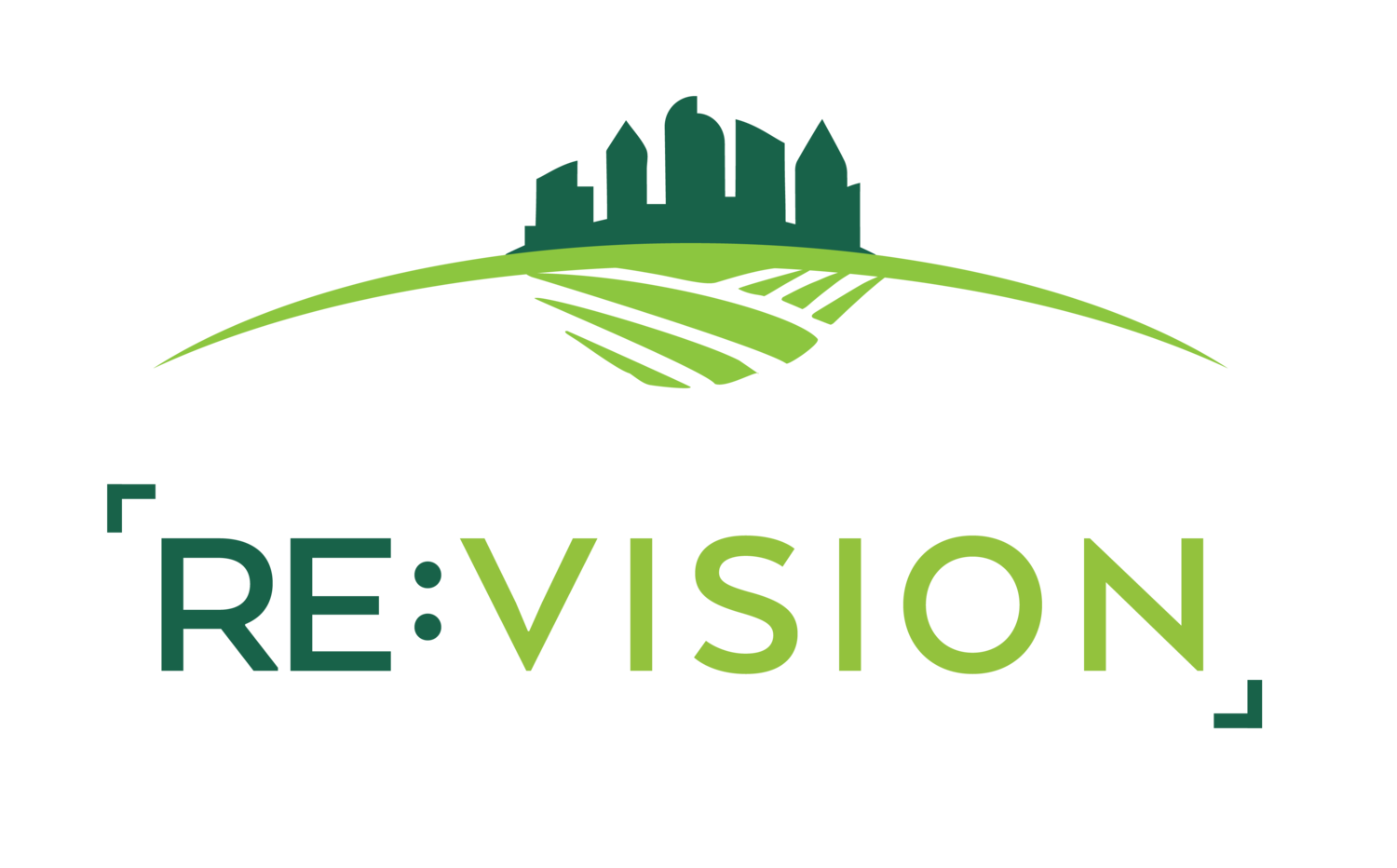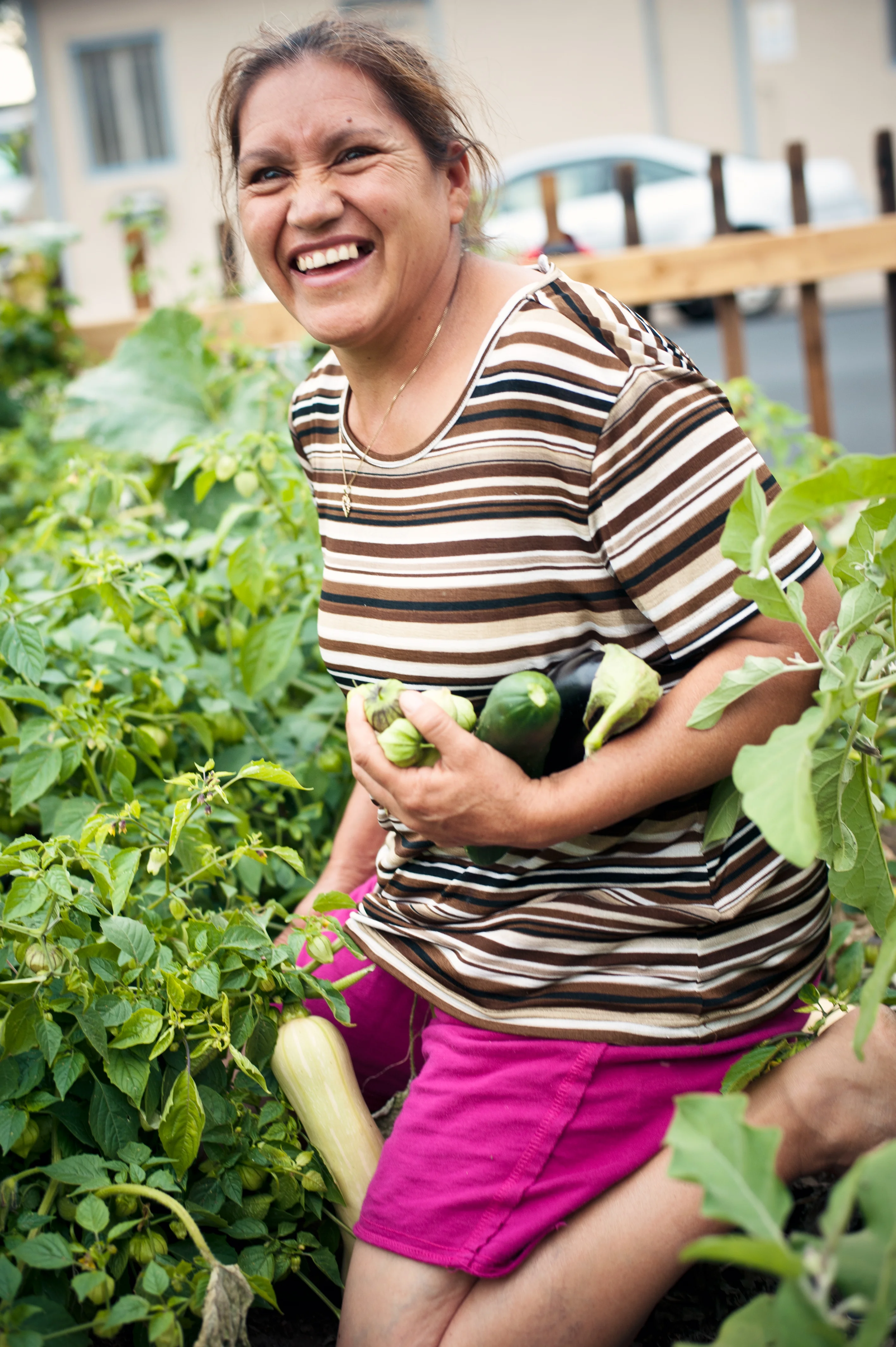
Re:Write
STORIES FROM THE FIELD, PROMOTORA RECIPES, AND CO-OP DEVELOPMENT LESSONS (PLUS SOME POLITICS AND HUMOR, TOO)
Kidney Failure, Diet, and Race
Kidney failure is frequently associated with diet; unfortunately, Revision works in a community where diet-related illness is above average. Hispanics are also at a higher risk for kidney failure – in fact, according to the Journal of the National Medical Association, Hispanics are twice as likely to develop kidney failure than non-Hispanic whites, largely due to the increased prevalence of diabetes in the Hispanic population. Additionally, Hispanic patients are less likely than the general U.S. population to be screened for risk factors for kidney disease or receive optimal treatment after diagnosis.
It is for these reasons and more that Revision is proud to announce its newest corporate partner, DaVita. DaVita is a leading provider of kidney care in the United States, delivering dialysis services to patients with chronic kidney failure and end stage renal disease. DaVita strives to improve patients’ quality of life by innovating clinical care, and by offering integrated treatment plans, personalized care teams and convenient health-management services.
DaVita's Community Care is comprised of four essential components:
- Building a Community
- Building the Greatest Healthcare Community the World Has Ever Seen
- Being a Role Model for American Health Care
- Sending Forth Ripples of Citizen Leadership
First and foremost, DaVita would rather prevent disease than treat it, which is why they are sponsoring Revision’s programs that will lead to a healthier community!
Thank you DaVita!
Fishing Poles
We are all familiar with the well-traveled parable: “Give a man a fish, and you feed him for a day. Teach a man to fish, and you feed him for a lifetime.” But how often do we actually carry this out in the way that we view charity, the way that we approach cycles of poverty both locally and abroad? This may be easy to do on a small scale, but how do we succeed in doing it on a broad scale? And even if you teach a man to fish, he cannot fish without a fishing pole.
We are intentional about teaching people to create their own ‘fishing poles’ – that is, creating the means and resources to provide for themselves and their communities.
Transforming Families, Transforming Communities
In 2009, we began teaching families how to grow food in their own backyard in order to feed their family healthy, fresh, organic food. For most of these families, this is the only way that they can afford to eat healthy, the only way they can feed their children organic produce. We started in the Westwood neighborhood, nestled in Southwest Denver and the home to most of our family gardeners. Westwood is food desert, meaning the residents have no grocery store in their community. This, coupled with their modest economic resources, translates into an unhealthy diet. A 2009 study of the neighborhood found that 76% of adults were either overweight or obese.
From seven families in 2009, to 87 in 2011, our program more than doubled every single year. In return for providing families with the resources and technical support to feed their family, we ask that they pay the gift forward and refer another family to join the program.
In 2012 we helped 168 families learn how to grow their own food and feed their family. Over 90 percent of these families live on less that $15,000 a year – which is abject poverty. But because of our program, over 16,000 pounds of organic produce was grown this year in a community that has zero healthy food options.
But these numbers alone do not tell the real impact that our work has. Based upon data collected from 160 families this year:
- 93% said that they eat more fruits and vegetables
- 94% eat fresher food/less packaged food
- 96% cook at home more
- 84% eat more organic food
- 84% eat less fast food
This data shows that Revision’s model is having an immediate and measurable impact on a community that has the highest rate of obesity in children under the age of 18, in a community where the average household income is 50% less than the average Denver household, and in a neighborhood where this is no healthy fresh food.
The success of this program has been rapid. After 4 short years, we have built a critical foundation for a community to change. We have cultivated leaders from within, offering them a better life and new opportunities. We have helped guide a community to develop their own food system – through the production and distribution of healthy food, and through the education and job creation that encompass it. We are not just growing gardens. We’re growing community. We’re not just cultivating food. We’re cultivating potential.
And we're not content to let it rest at potential. Starting in 2013, Revision will coalesce all the momentum in the neighborhood so far - over 200 gardening families, 2 urban farms, the beginnings of a meaningful food distribution framework, and ever-deepening education - into a community-owned cooperative. This would be a separate entity, owned, led, staffed, and managed by community residents themselves. This cooperative, over a transition period of a few years, will provide economic opportunity, enhance the existing community resources, facilitate the production and distribution of food by, and for, the community, and increase the access to healthy food in a food desert. In 2013 Revision will begin by holding community meetings, recruiting and training a co-op board of directors comprised mostly of residents, and bringing together experts in cooperative development to aid in establishing a sustainable business plan and operating framework.
We'll keep you updated on the progress of the cooperative development throughout the year on this blog, so stay tuned!




